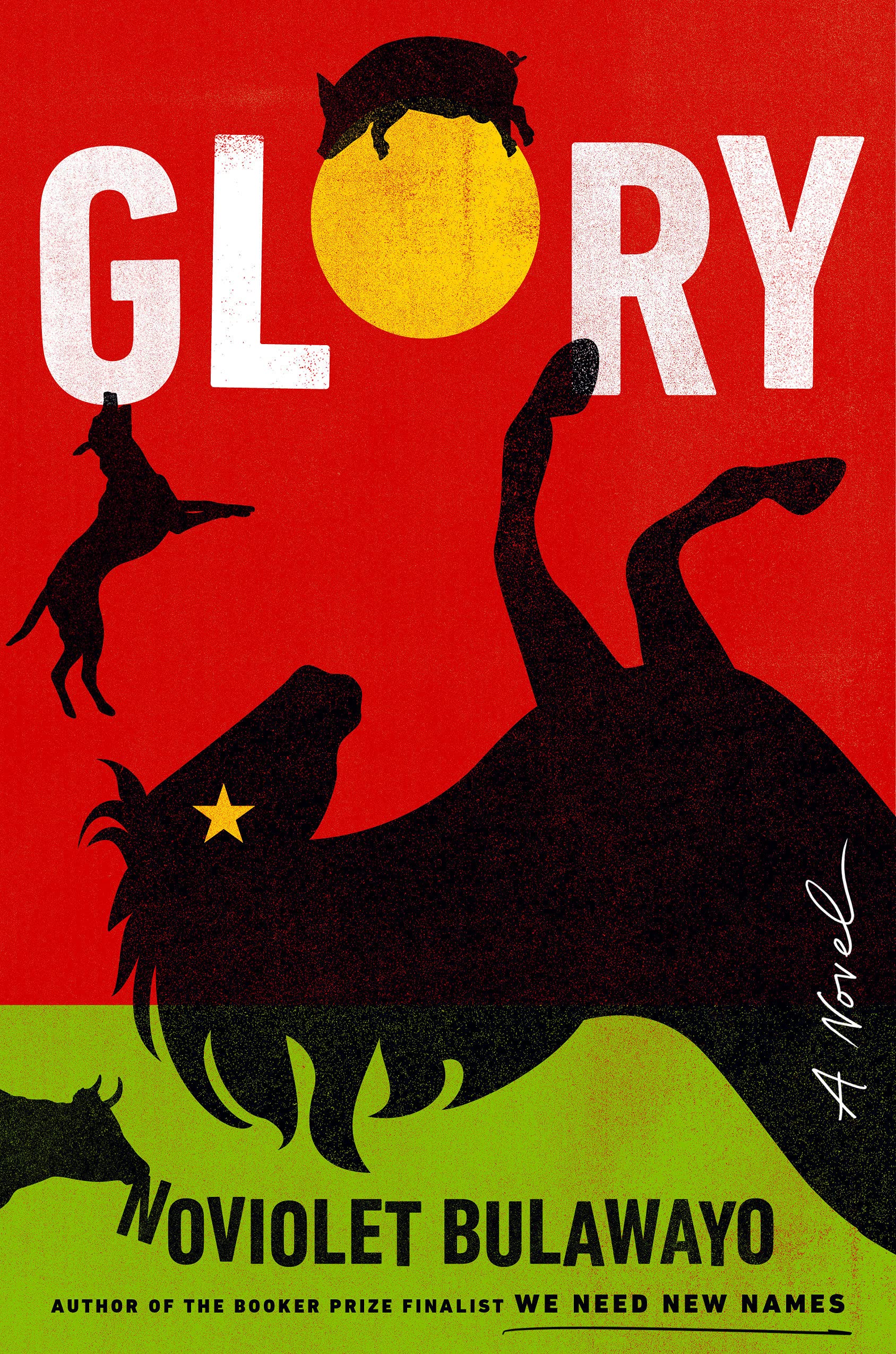
Glory by Noviolet Bulawayo is the story of Robert Mugabe’s fall from power told through animal characters. In a series of events that took many by surprise, one of Africa’s longest presidential tenures came to an end in 2017. After holding on to power for almost 40 years, Mugabe was ousted in a bloodless coup. Bulawayo said in a press statement that she initially wanted to write a non-fiction piece about the incident. But as the weeks passed by and she saw all the think-pieces, essays, and myriad tweets, she turned to fiction. So, here we are with this novel that is both a page-turner and an experiment in storytelling.
The novel opens with the story of Old Horse, the incumbent president of a nation of animals called Jidada. 40 years after the war of liberation, the father of the nation has become a doddering old fool, who would like nothing more than a nap instead of standing before the nation to give a speech. There is his wife, a Donkey named Marvelous also known as Dr. Sweet Mother. She dreams of replacing her husband as president in the event of his death. When the Old Horse’s regime comes crashing down, Marvelous crashes with. She and her dreams of greatness are squeezed out of power. Enter Tuvius Delight Shasha, Old Horses’ Vice President, who becomes the new leader. His regime, in spite of the initial optimism, turns out to be a continuation of the same cycle of oppression. Are the animals of Jidada going to stand for another 40 years of exploitation, or will they fight for a better life?
I can list 15 things about this book that is delightful, but a few will do for now. First, Glory is a novel in small bites. It is made up of vignettes sectioned off by subheadings. I love long sprawling novels with chunky, boring middles; so, it felt different to follow a story by jumping from fragment to fragment. But, I found it exciting, finishing up one bit of the story, moving to the next, and all the while looking forward to the discovery it promised. Even a die-hard hater of long novels would chew through Glory for this reason.
I know people who read novels for the language and not so much for the story. This sort of readers will find Glory intriguing as well. Bulawayo’s writing is a performance. Colorful, poetic, comedic. Like a masquerade, her writing dances in a blend of contrasts. Her animal characters have no problem piling on their adjectives and stacking variations of the same imagery to create delightful sonic and visual patterns. Here is a quick example:
The new Dispensation was such a show bird that very soon other parrots learned the strange new song that now seemed to always be in Jidada’s airs. It felt to the birds like another popular fad not to be left out of, and so in no time crows were cawing New Dispensation, owls were hooting New Dispensation, sparrows were chirping New Dispensation, canaries were singing New Dispensation, doves were cooing New Dispensation, hornbills and other birds were calling New Dispensation, and the cicadas were droning New Dispensation, bees were buzzing New Dispensation, crickets and grasshoppers and other insects were chirping New Dispensation so that Jidada’s hedges and trees and air and skies and even the jungles outside Jidada were all New Dispensation New Dispensation New Dispensation, yes, tholukuthi New Dispensation everywhere and New Dispensation all the time.
The playfulness of Bulawayo’s language fits the genre. Stories about animals are meant to delight. Everywhere in the novel humor sharpens the barb of political allegory. Here is one of my favorite quips:
This is not an animal farm but Jidada with a-da and another -da. And if you have any ears at all you’ll heed my advice because what you are doing is swallowing all manner of big rocks and very soon it shall be seen just how wide your asshole is when those very rocks will need to be shat.
It took days to get the image out of my head!
The other thing about this book is Bulawayo’s channeling of the power of oral storytelling. Oral stories obey a different set of rules than print. Sound is important in oral narration. Repetitions of same or different versions of the same things help to anchor strings of ideas. Images, graphic stimulation is key because readers have to see what they hear. You should see the way Bulawayo uses elements like repetitions, lists, and anaphora to create a tightly textured story. You feel the shape of the story and its touch. Your mind moves with the sound of recurring phrases. The language is a symphony of sound and picture.
It is worth keeping in mind that for all the delights animal stories offer, they also pose weighty questions about society. A key theme in Glory is a reckoning with Zimbabwe’s history of violence, notably the Gukurahundi killings in the 1980s. While, on the one hand, you are caught up in the wonder of a story where animals are playing out all the caprices of human life, you are also led to consider difficult questions about the past and how we politicize our memory of it.
If all this talk of animals dramatizing the craziness of human life remind you of Orwell’s Animal Farm, you are on to something. Yes, Orwell is part of the back story of this book. Bulawayo said that the days after Mugabe’s dethronement, she encountered lots of animal farm references made on social media by Zimbabweans trying to make sense of the situation. These social media posts sparked the idea to do a political fable. But before we start calling Glory African Animal Farm, I want to remind folks that Orwell did not invent the fable as a form of political critique. African literature has a rich tradition of animal stories. There is the expansive library of African folklore featuring animal characters, which Bulawayo has said features in her childhood experience of storytelling. In the 1880s, one of Bulawayo’s southern African literary ancestors composed an animal story titled The Book of the Stories of the Meeting of the Birds, and the Lawsuit Between Sefofu and Seritsa. There is also Edward Motsami’s The Days of the Cannibals and Zakea D. Mangoaela’s Among the Animals, Big and Small. The 100+ years of African fiction has seen animals featured in numerous novels and stories. I bring all this up to caution readers and critics to use Orwell reference carefully by ensuring that they contextualize it in Bulawayo’s African literary ancestry.


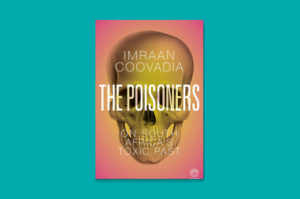
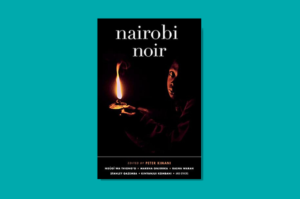
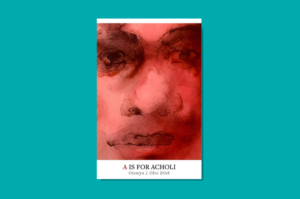
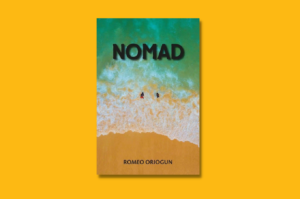
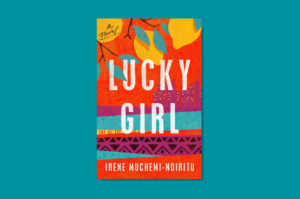
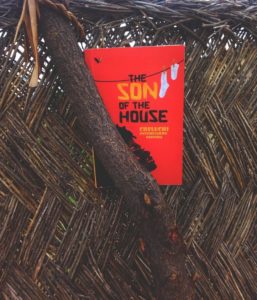

COMMENTS -
Reader Interactions